Do you or your children participate in sports? Then read on. As an athlete or a parent, you’ve probably heard about mouth guards, the flexible piece of plastic you can wear over your teeth. Mouthguards are not required for every sport, so it can be easy to forget about it or let it slide, but it is estimated that over 3 million teeth are knocked out every year in kids’ sports! Mouth guards significantly minimize the risk of sports injuries to the mouth and jaw and while it is obvious that a mouth guard is beneficial during collision and contact sports, you may not be aware of the benefits of wearing a mouth guard for other sports to. Basically, for any sport where there is a risk of face contact with other people or surfaces, a mouth guard can reduce the risk of suffering a dental injury.
So, although mouth guards may not be the coolest thing to wear, there are three big benefits that may quickly change your mind.
1. Protect your teeth
Without a mouth guard, your teeth are more likely to be chipped, broken teeth or even get knocked out (tooth loss). Saving you money in the long run, by reducing the risk of needing root canals, dental crowns, bridges, dental implants and splinting or TMJ treatments.
2. Protect your face and mouth
A mouth guard can prevent bruising and cuts to the lip, tongue, or face. This is especially important for anyone with a fixed orthodontic appliance.
3. Protect against other serious injuries
This includes root, bone damage and jaw fractures. Mouth guards can help avoid a situation where the lower jaw jams into the upper jaw. Also, mouth guards may reduce the severity of concussions by acting as a buffer to a blow.
For more information about protecting your teeth during sports or athletic activities, talk to your Maidstone Dental & Implant Centre dentist at your next appointment. They will be able to help you select the most effective protection for your specific needs. Call today on 01622 682 029 to book your appointment.



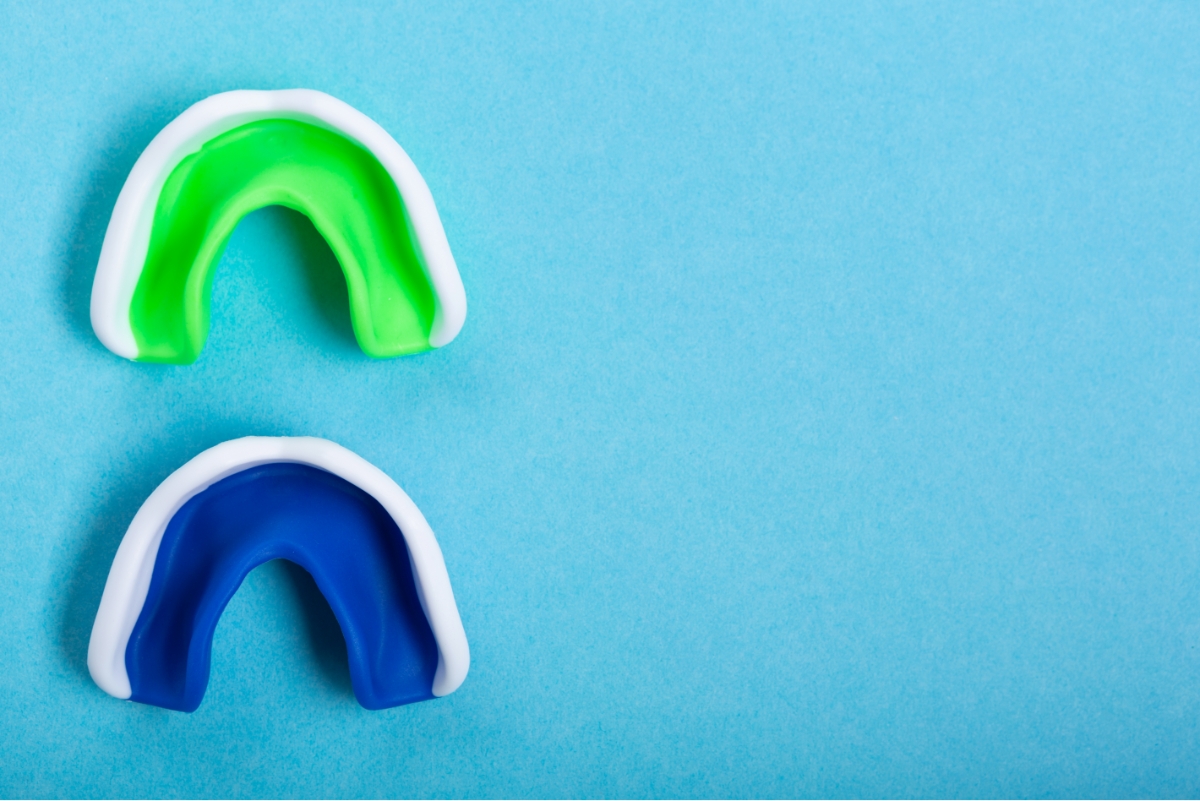


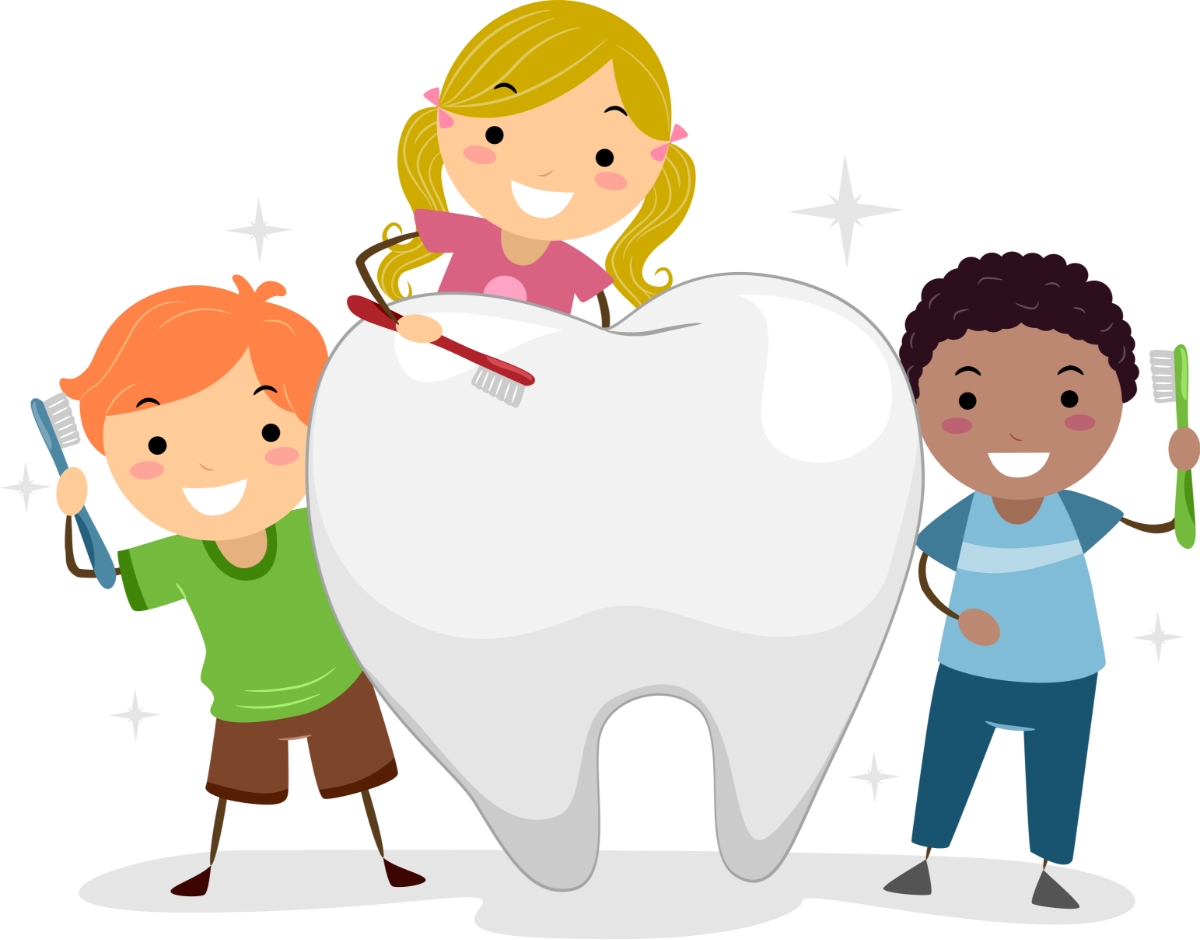

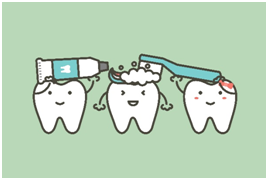

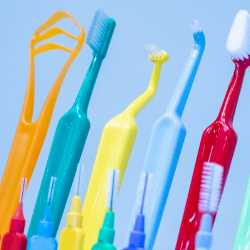

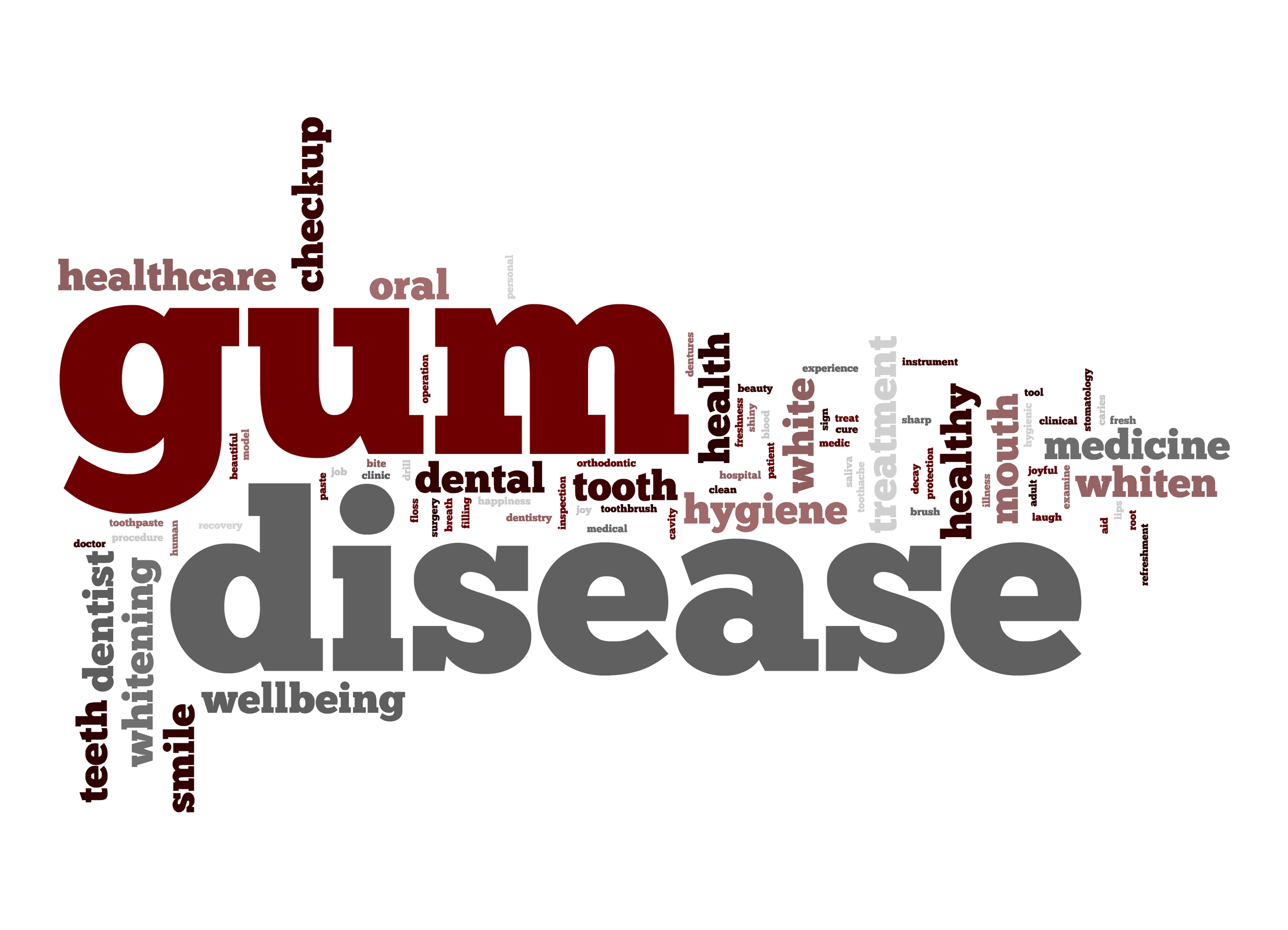
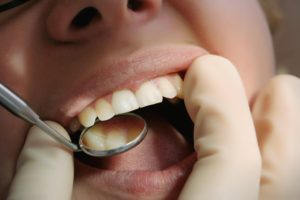
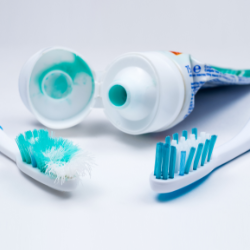

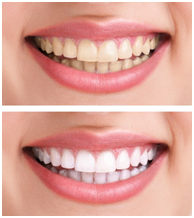 colour of your teeth, without causing damage to the teeth or the surrounding gums, it can be used alongside other treatments to help ensure the best results.
colour of your teeth, without causing damage to the teeth or the surrounding gums, it can be used alongside other treatments to help ensure the best results. 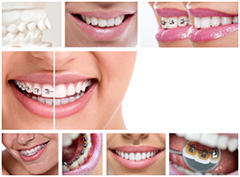 At
At  appearance of your skin, plumping and volumizing skin and reducing the appearance of fine lines and wrinkles. The key aim to all facial aesthetic treatment is to ensure the most natural looking result possible. People should never be able to tell that you have had treatment
appearance of your skin, plumping and volumizing skin and reducing the appearance of fine lines and wrinkles. The key aim to all facial aesthetic treatment is to ensure the most natural looking result possible. People should never be able to tell that you have had treatment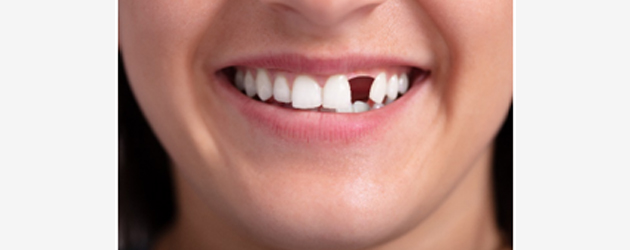
 towards each other to fill the gap. This can cause the teeth to become misaligned, putting extra strain on the jaw, causing difficulty chewing and an increased risk of tooth decay. The treatment for this would be
towards each other to fill the gap. This can cause the teeth to become misaligned, putting extra strain on the jaw, causing difficulty chewing and an increased risk of tooth decay. The treatment for this would be  Society casts a negative light on people with missing teeth. Characters on the TV that are supposed to be poor or unintelligent often have at least one missing tooth. These perceptions spill out into reality where nearly anything can be said on social media. Even the toughest skin will weaken over time.
Society casts a negative light on people with missing teeth. Characters on the TV that are supposed to be poor or unintelligent often have at least one missing tooth. These perceptions spill out into reality where nearly anything can be said on social media. Even the toughest skin will weaken over time.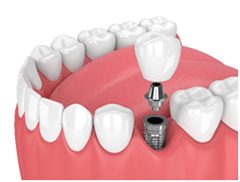

 That sounds like something that is too good to be true, but studies show that it does in fact happen. Try it the next time you are feeling angry or sad and see what happens. It might feel weird at first, but it could turn into a long-term coping strategy for when those feelings arise.
That sounds like something that is too good to be true, but studies show that it does in fact happen. Try it the next time you are feeling angry or sad and see what happens. It might feel weird at first, but it could turn into a long-term coping strategy for when those feelings arise. more smiling and laughing is that it makes you feel good. We should all strive to spend time doing things that make us feel that way, and that begins with smiling and laughing.
more smiling and laughing is that it makes you feel good. We should all strive to spend time doing things that make us feel that way, and that begins with smiling and laughing.
 any time of life, provided your teeth and gums are healthy.
any time of life, provided your teeth and gums are healthy. 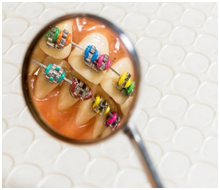 Again this will depend on the
Again this will depend on the 
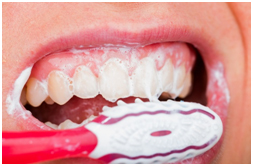
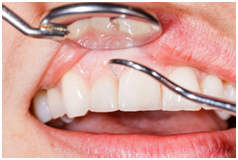 Gum disease
Gum disease

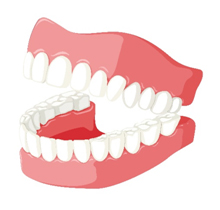
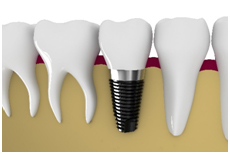 Advantages
Advantages what you would like and whether you are suitable for that treatment.
what you would like and whether you are suitable for that treatment.
